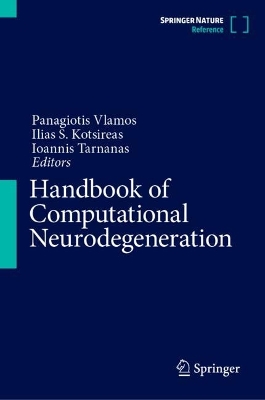Early Vocal Contact and Preterm Infant Brain Development
 -15%
portes grátis
-15%
portes grátis
Early Vocal Contact and Preterm Infant Brain Development
Bridging the Gaps Between Research and Practice
Westrup, Bjoern; Kuhn, Pierre; Filippa, Manuela
Springer International Publishing AG
10/2017
343
Dura
Inglês
9783319650753
15 a 20 dias
6565













